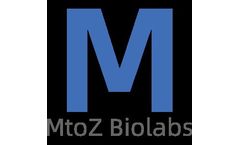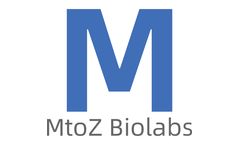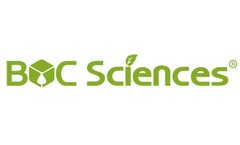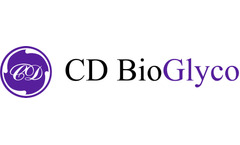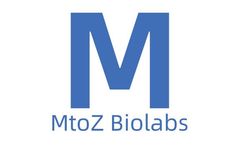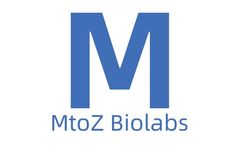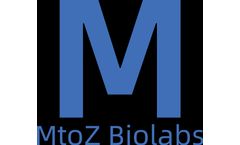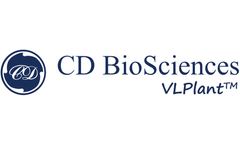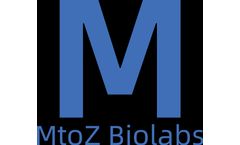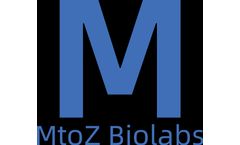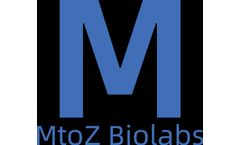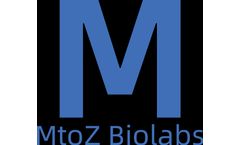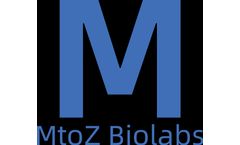Refine by
Monoclonal Antibodies Articles & Analysis: Older
88 articles found
These receptors play a key role in regulating immune responses, mediating antibody-dependent cellular cytotoxicity (ADCC) reactions, and antibody-dependent cell phagocytosis (ADCP) processes. For many recombinant protein drugs, especially monoclonal antibody drugs, their therapeutic effectiveness is directly related to their ...
Biotechnology Applications: Beyond disease research, knockin technologies are employed to create cell lines producing therapeutic proteins, monoclonal antibodies, or other bioproducts, enhancing biomanufacturing processes. ...
In the realm of biotechnology and pharmaceuticals, stable cell lines serve as a foundation for producing high-yield protein therapeutics, monoclonal antibodies, and vaccines. They are routinely employed to study gene function, signal transduction pathways, and drug screening processes. ...
Antibody drugs are a kind of drugs that treat diseases through artificially synthesized antibodies, achieving therapeutic purposes by specifically binding with target molecules. Common types of antibody drugs include monoclonal antibodies, artificially synthesized antibody fragments, ...
Among the most promising strategies in this endeavor are the use of tumor models for breast cancer and the development of customized antibody-drug conjugates (ADCs). These advancements not only enhance our understanding of the disease but also pave the way for more targeted therapeutic solutions. ...
Immunomodulatory therapies aim to enhance the immune system’s ability to recognize and eliminate viral pathogens. In 2024, the development of monoclonal antibodies and immune checkpoint inhibitors is at the forefront. ...
Glycan microarrays allow researchers to detect these changes and correlate them with disease stages or therapeutic responses, providing valuable tools for diagnostics and personalized medicine. 3. Vaccine Development and Antibody Screening Microarrays are also instrumental in the development of vaccines and in screening for antibodies that target specific ...
Antibody drugs are a type of drugs that treat diseases through artificially synthesized antibodies, which bind specifically to target molecules for therapeutic purposes. Common types of antibody drugs include monoclonal antibodies, artificially synthesized antibody fragments, immunotoxins, and ...
These drugs include cytokines, peptide hormones, recombinant enzymes, monoclonal antibodies, and fusion proteins. Compared to traditional low-molecular-weight synthetic drugs, recombinant protein drugs have advantages such as high specificity, low toxicity, and significant therapeutic effects. ...
This testing is crucial because these host cell proteins (HCPs) may impact the safety, efficacy, and quality of drug products.In the fields of biotechnology and biopharmaceuticals, commonly used drugs such as monoclonal antibodies and other recombinant proteins are often produced in cell culture systems, such as E. coli, CHO (Chinese Hamster Ovary) cells, or ...
For instance, when producing biopharmaceuticals like monoclonal antibodies, clonality analysis ensures that the production cell line is purely derived from a single, well-characterized clone, thus enhancing product safety and efficacy. ...
Therapeutic monoclonal antibodies (mAbs) are a class of antibody drugs that are highly uniform and have pharmacological effects against a single epitope obtained through molecular biology. ...
It is widely used in the separation of monoclonal antibodies and polyclonal antibodies, the separation of fusion proteins, the separation of enzymes, and the separation of DNA binding proteins. ...
CD BioSciences has launched new services on anti-centrosome antibody development to assist cancer preclinical research. It is committed to providing full packages from antigen synthesis to antibody generation and manufacturing. The different antibodies provided by CD BioSciences have specific characteristics. For example, compared with ...
Antibody-drug conjugates (ADCs) are a new class of drugs that combine the advantages of both antibodies and small molecule toxins. ...
Antibody-drug conjugates (ADCs) represent a groundbreaking class of therapeutics that combine the specificity of monoclonal antibodies (mAbs) with the potent cytotoxic effects of small-molecule drugs. ...
Monoclonal antibodies are highly specific biological molecules that are crucial in many areas like disease diagnosis, treatment, and biomarker discovery. ...
But we've never had a set "plan" to find the most suitable antibody. In this issue, the editor shares a 10-step "plan" for antibody selection.Determine the Name of the Target ProteinFirst, you need to be clear about what protein you need to detect in order to select the corresponding antibody. ...
In cancer treatment, monoclonal antibodies (mAbs) can directly kill cancer cells, prevent the development of tumor blood vessels, and help the immune system kill cancer cells. Therapies based on mAbs have now become the gold standard for cancer treatment, and the number and types of clinically applicable mAb-based therapies are also increasing.1. ...
Optimizing Antibody Characteristics By analyzing and comparing antibody sequences, we can identify key areas and sites that affect antibody performance, and then optimize and modify antibodies through genetic engineering to optimize the stability and solubility of antibodies, improve the half-life of ...

